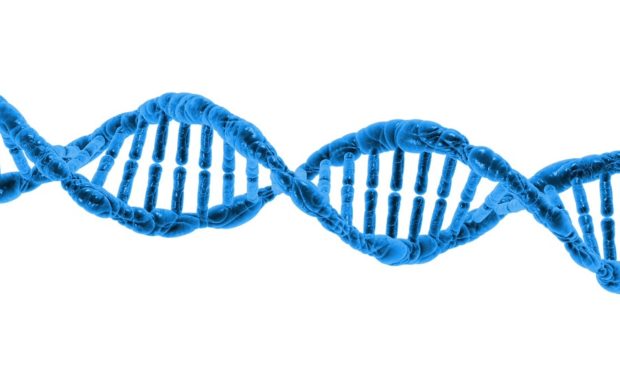District attorney isn’t making a mountain out of some mold here
Friday, July 7, 2017 by
Caleb Pritchard Travis County District Attorney Margaret Moore is downplaying concerns over the hundreds of Austin Police Department rape kits stored inside boxes that were recently found to be covered in apparent mold. Along with representatives from the Austin city manager’s office, APD and the Capital Area Private Defender Service, Moore briefed the Commissioners Court on Thursday about the discovery that grabbed headlines last week.
“We are confident at this point that this will not affect actual cases,” Moore told reporters after the briefing. She explained that while 849 kits in the East Austin evidence warehouse appeared to have mold on them, most of the 1,629 kits in the warehouse are from cases dating back to the 1990s and early 2000s and many of them are closed.
Assistant District Attorney Gregg Cox kicked off Thursday’s briefing with a slideshow of photographs from a recent tour of the facility where the kits are kept. The images show a well-lit walk-in refrigerator packed with white boxes, each containing an individual kit. Several close-up photos reveal a dark, gritty substance on several of the boxes that Cox said is likely mold, though no tests have confirmed this yet.
Cox told the court that a dehumidifier has been brought into the refrigerator and the boxes have been wiped clean with a partial bleach solution and repackaged in new boxes. Those steps, he said, passed muster with Bruce Budowle, the UNT Health Science Center consultant.
Budowle was brought on by both the city and the county to weigh in on the aftermath of the collapse of APD’s DNA forensics lab, which shut down last summer following a damning audit of its practices. The rape kits covered in apparent mold were never stored in the lab and have spent the past several years inside the refrigerator at the evidence warehouse on Martin Luther King Jr. Boulevard.
The matter was first brought to APD’s attention in April when Signature Science, the firm hired to test the kits after the DNA lab closed its doors, discovered mold on a piece of clothing inside one of the kits. Nonetheless, scientists were able to successfully obtain a DNA sample from that evidence, Cox said.
Assistant City Manager Ray Arellano acknowledged that the department should have notified the District Attorney’s Office sooner. However, he maintained that officials were taking steps the entire time to handle the situation. He also told the court that the department has asked the Texas Forensic Science Commission to conduct an audit to look at the city’s “overall quality assurance program” including “notification protocol.”
The Austin Monitor’s work is made possible by donations from the community. Though our reporting covers donors from time to time, we are careful to keep business and editorial efforts separate while maintaining transparency. A complete list of donors is available here, and our code of ethics is explained here.
You're a community leader
And we’re honored you look to us for serious, in-depth news. You know a strong community needs local and dedicated watchdog reporting. We’re here for you and that won’t change. Now will you take the powerful next step and support our nonprofit news organization?









